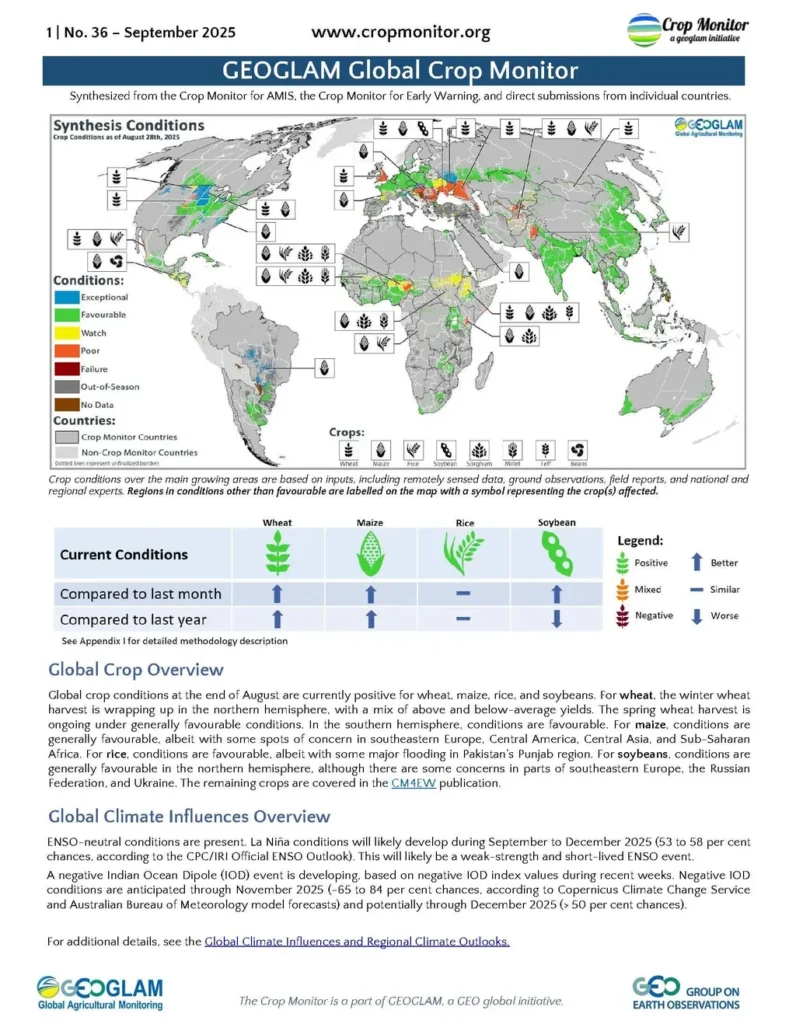In the heart of Yunnan Province, China, a groundbreaking study led by Rui Zhang of The Key Laboratory for Crop Production and Smart Agriculture is reshaping our understanding of how artificial intelligence (AI) can transform global agriculture. Zhang’s research, published in the journal *Frontiers in Artificial Intelligence* (translated as *Frontiers in Artificial Intelligence*), delves into the critical role of deep learning (DL) in crop monitoring, offering a strategic framework to address some of the most pressing challenges in modern agriculture.
The study, which analyzed over 650 publications spanning from 2000 to 2024, highlights the pivotal role of AI in agricultural monitoring. “Deep learning has emerged as a critical tool for agricultural monitoring,” Zhang explains, emphasizing the transformative potential of AI in addressing issues like climate change, resource scarcity, and rising food demand. The research underscores the dominance of Convolutional Neural Networks (CNNs) in real-time crop monitoring, particularly when integrated with remote sensing technologies such as UAVs and satellites.
However, the study also identifies significant barriers that hinder the widespread adoption of AI in agriculture. “We found three persistent challenges: the scarcity of annotated datasets, poor model generalization across different environments, and difficulties in fusing multi-source data,” Zhang notes. These challenges underscore the need for improved data quality, environment-adaptive models, and cross-domain partnerships to fully realize AI’s potential in agriculture.
The research also sheds light on the underdeveloped frontier of interdisciplinary collaboration. “Interdisciplinary collaboration is vital for scalability, but it remains an understudied area,” Zhang points out. This gap highlights the necessity for greater cooperation between technologists, agronomists, and policymakers to drive innovation and ensure food security.
The commercial implications of this research are profound. As the global population continues to grow, the demand for efficient and sustainable agricultural practices is more critical than ever. AI-driven crop monitoring can enhance productivity, reduce resource waste, and improve resilience to climate change. By addressing the identified challenges, the agricultural sector can unlock new opportunities for growth and innovation.
Zhang’s study provides a strategic framework to accelerate the integration of AI into global agricultural systems. “While AI can revolutionize agriculture, its potential hinges on improving data quality, developing environment-adaptive models, and fostering cross-domain partnerships,” Zhang concludes. This research not only addresses technical gaps but also highlights the policy needs for future food security, offering a roadmap for the agricultural sector to navigate the complexities of the 21st century.
As we stand on the brink of a new era in agriculture, Zhang’s work serves as a beacon, guiding us toward a future where technology and sustainability go hand in hand. The insights gleaned from this study will undoubtedly shape the trajectory of AI in agriculture, paving the way for a more resilient and productive global food system.

